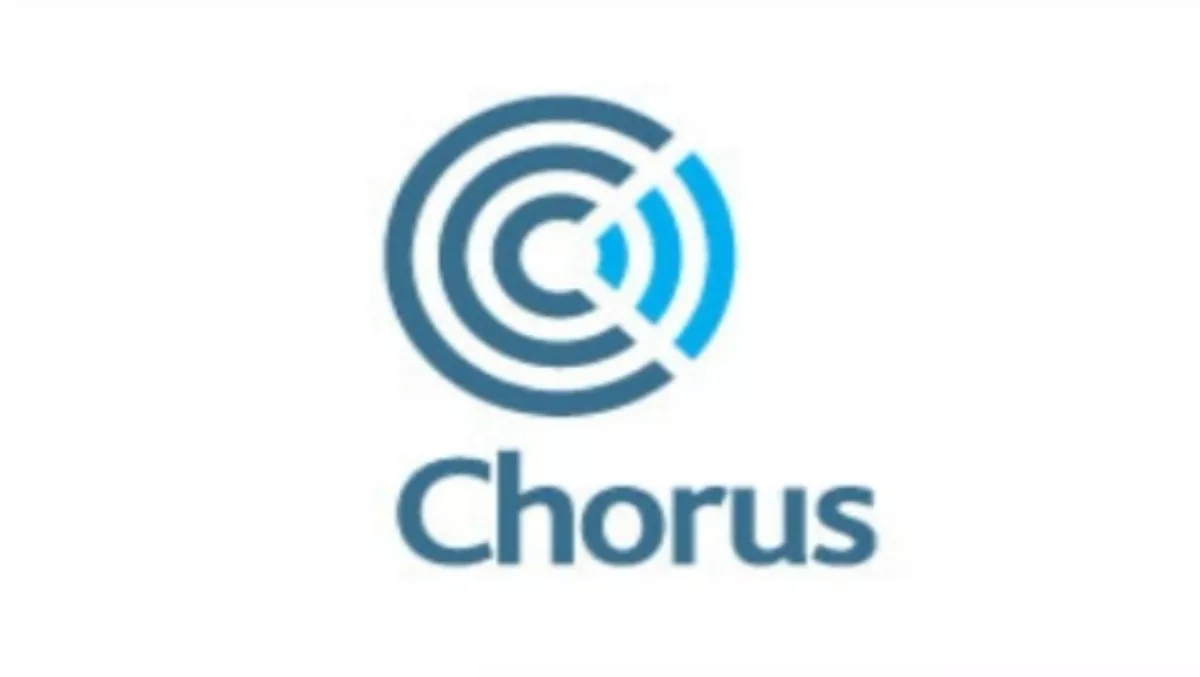
Commerce Commission releases draft Chorus FPP prices
The Commerce Commission has today released draft decisions for consultation setting proposed prices that Chorus can charge for use of their local copper lines and broadband service. These are wholesale prices that Chorus charges retail telecommunications companies.
The proposed maximum monthly rental price that Chorus can charge for its unbundled copper local loop (UCLL) is $28.22, an increase on the current price of $23.52 that was established by international benchmarking at the end of 2012.
The additional proposed maximum monthly rental price for the unbundled bitstream access (UBA) service is $10.17, a small decrease on the price of $10.92 that was established by benchmarking at the end of 2013, and which came into force yesterday.
"We will review the materials announced today and continue to work constructively within the Commerce Commission's process as these draft prices are finalised," says Mark Ratcliffe, Chorus CEO.
"The aggregate price represents around a $6.50 decline from the regulated wholesale price of $44.98 that was in place until 1 December 2014, so consumers should not expect to see any increases in retail pricing," he says.
On the basis that all other charges and demand remain consistent, Chorus estimates that the draft FPP pricing represents around an $80 million annualised EBITDA reduction from demerger pricing, based on connection numbers at 30 September 2014.
This compares to the aggregate annualised EBITDA reduction of around $170 million Chorus identified from the Commission's earlier UCLL, UCLFS and UBA IPP decisions.
Chorus says the Commission has not provided any guidance on backdating or on transaction charges at this stage.
Today's total proposed wholesale price for the UBA service will therefore be $38.39 per month, compared to the price that came into effect yesterday of $34.44 per month. Prior to yesterday, $44.98 per month was the price Chorus has been able to charge for the UBA service for the past few years.
To determine these proposed monthly rental prices, the Commission is required—under the legislation—to develop a "forward looking" cost model (called a TSLRIC model). This involves costing an efficient modern technology network that could deliver all the regulated UCLL and UBA services that Chorus currently provides.
TSLRIC modelling is used in a number of European countries to set regulated prices for copper-based telecommunications services. The Commission has used French consultancy firm TERA to develop the model. TERA consultants have undertaken this type of modelling for a number of regulators and operators.
"We have taken an orthodox approach to TSLRIC modelling to promote as predictable a regulatory environment as possible," says Dr Stephen Gale, Telecommunications Commissioner.
"For the key input assumptions we have sought advice from independent sources, for example, Beca for civil infrastructure costs, Landcare Research and Corelogic for geospatial data, and Oxera Consulting and Dr Lally for the cost of capital," says Gale.
"The modelled price of UBA in this draft is very similar to the benchmark price but the modelled UCLL price is higher. There appear to be uniquely New Zealand factors, such as the dispersed nature of the rural network, that may differentiate our UCLL prices from the overseas benchmarks," Gale says.
"This is the first time we have undertaken such a comprehensive modelling exercise. We are therefore very interested in the industry's views on the model we have built and the reasoning behind our modelling choices.
The earliest that the final UBA price could apply from is 1 December 2014, which is when the benchmarked price came into effect. The Commission is seeking views from submitters to see if they think the final UCLL price should be backdated, and if so, what would be an appropriate date for this. A process paper will be published shortly about this issue.
The Commission is also seeking the views from the sector on whether the Commission should conduct a section 30R review of the standard terms determination for the UBA service and if so, what the review should look at. The Commission indicated in October that it would consider conducting this review when the statutory freeze ended yesterday on 1 December 2014.
The Commission has also published a discussion paper about this issue today. The Commission is welcoming submissions from interested parties on both draft decisions.
Submissions are due by Friday 23 January 2015.


